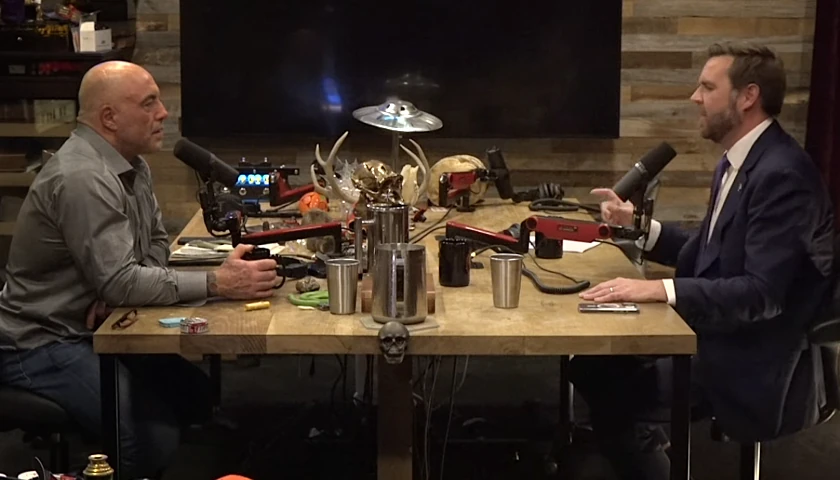by Gordon Gray
The United States has become the largest market in the world, and at the same time it delivers the highest standard of living to its citizens compared to the world’s other major economies. Contrast this success with other large economies such as China, where despite being the world’s second-largest economy, its citizens have a standard of living that has more in common with the developing world than a global powerhouse. Now China is facing demographic challenges that raise the prospect that as a nation, it may get old before it gets rich. Layer its long-standing repression and authoritarianism on to its economic challenges, and one is hard-pressed to see a domestic policy regime worthy of emulation.
Likewise looking to America’s south, and one is struck by the generations of squandered opportunities for prosperity in South America. As a region, South America has been buffeted by financial collapses, runaway inflation, and geopolitical instability. For nations digging out from a legacy of ruinous fiscal and economic policies, there is no easy route forward, only difficult tradeoffs. Argentina has certainly charted a new course and there is hope that near-term pain may pave a path forward to stability and long-term growth. But the present pain is very real.
Elsewhere in the region, political instability persists. Venezuela has experienced the familiar symptoms of systemic illness that has plagued South American governments for decades. Runaway inflation? Check. Popular Displacement? Check. Coup Attempts? Check. And there appears to be little likelihood of a course change, with the Maduro government digging in to retain power and continue to impoverish the people of Venezuela.
Yet for a certain strain of the American left, those who can’t resist the siren song of collectivism and central planning, authoritarianism with the veneer of populism remains all too alluring.
This week, two organizations are hosting an event in the U.S. Capitol at which Senator Elizabeth Warren will give remarks. While nominally focused on health care, the event will almost certainly provide a forum for rhetoric more befitting Caracas than Washington. Indeed, its main host,the Center for Economic Policy Research (CEPR), has serially embraced South American autocrats, from Hugo Chavez to Fidel Castro. Likewise, its co-host, the Private Equity Stakeholder Project, has been noted for its senior staff members’ fondness for communism and Marxism.
Freedom of expression is a cherished tradition in American political discourse. From Marxists to Hayekians, Americans have a right to their opinions, and to the free expression thereof, no matter how ill-informed. They likewise have a right to espouse those beliefs in the voting booth, and the diversity of American political representation reflects a fairly broad cross section of ideologies. This is a healthy expression of the democratic process.
But elected Senators should exercise some discretion in the viewpoints to which they lend credence. There are legitimate differences of opinion on the desirability and efficacy of various approaches to public policy. But when federal officials lend their imprimatur to activists, they should feel some responsibility for the course and direction of that activism. In welcoming these activist groups into the US Capitol, Senator Warren is legitimizing viewpoints that, while Americans are surely free to espouse, should not be given serious treatment in public policy debates.
Che Guevara may make for a popular t-shirt, but his policy views ought to have no serious role in the national discourse. Likewise, some on the American left just can’t shake their fondness for Marxists, but central planning combined with authoritarianism should have no standing in America’s policy debates. Elizabeth Warren may share common cause with folks who celebrate communist dictators, but giving those views legitimacy in the U.S. Capitol reflects poorly on her judgment.
– – –
Gordon Gray leads Pinpoint Policy Institute as Executive Director. Prior to launching Pinpoint, Gordon served as the Vice President for Economic Policy at the American Action Forum, where his portfolio included the federal budget, taxes, the macroeconomic outlook, and general economic policy matters.
Photo “Elizabeth Warren” by Elizabeth Warren.









